Masa Funabashi presented about Synecoculture at Sustainable City Summit VOL III held at United Nations University, Tokyo on May 10th 2025.
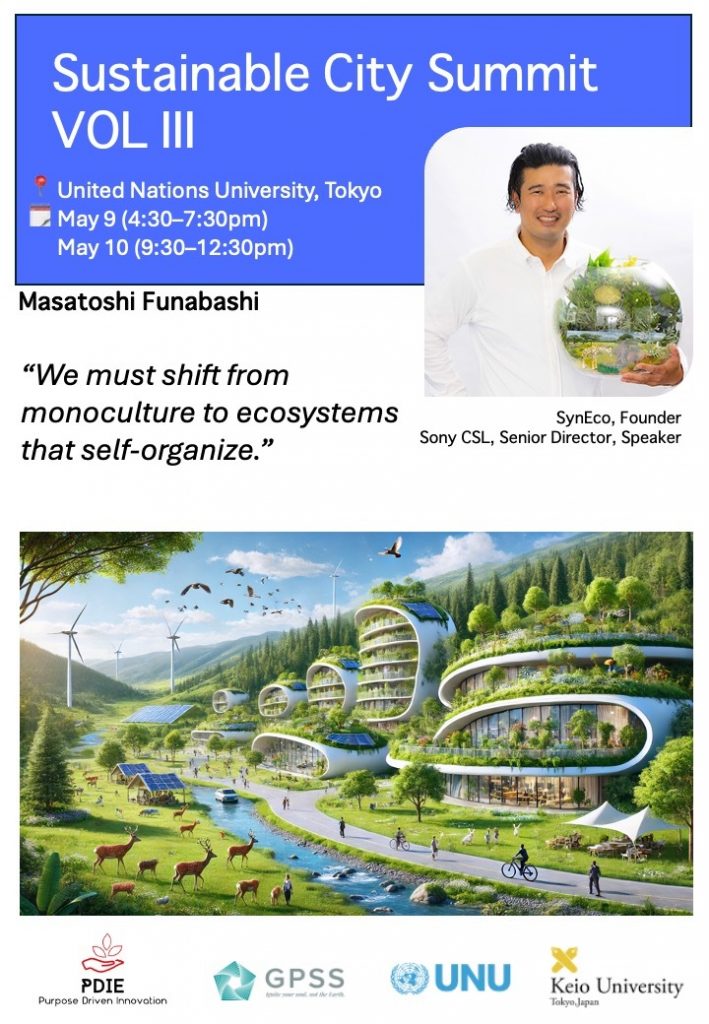
Masa Funabashi presented about Synecoculture at Sustainable City Summit VOL III held at United Nations University, Tokyo on May 10th 2025.

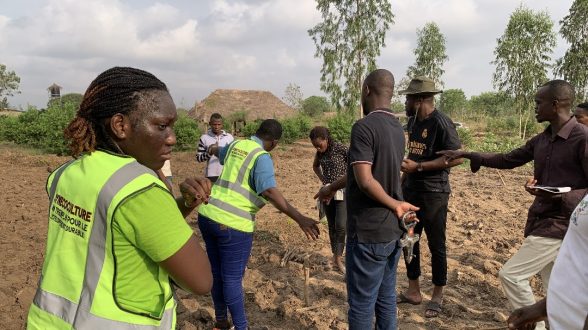
鳥取県江府町におけるシネコカルチャー実践事例が、Forbes JAPAN BrandVoice に紹介されました(2025/1/30)。
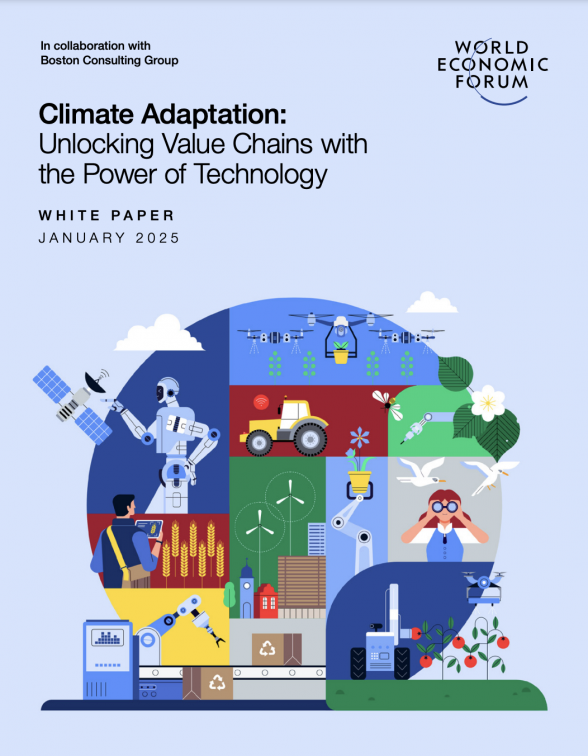
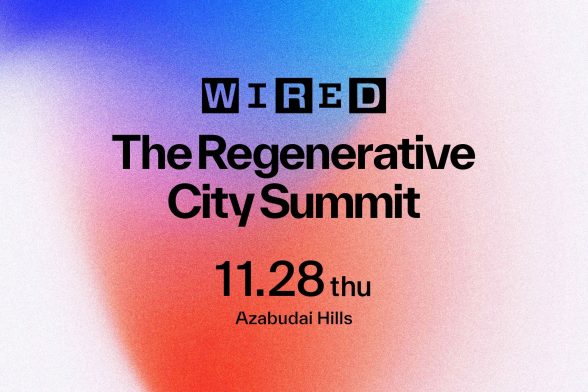
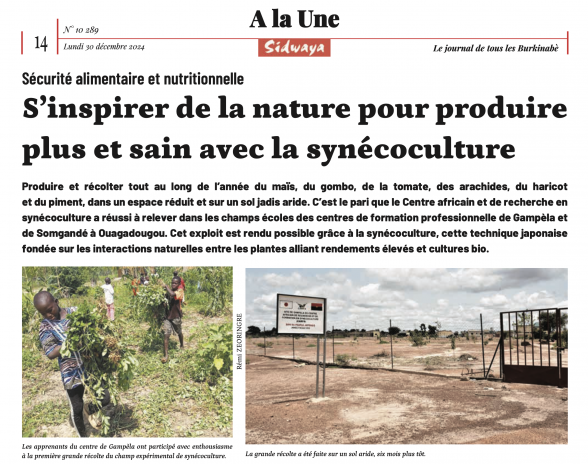

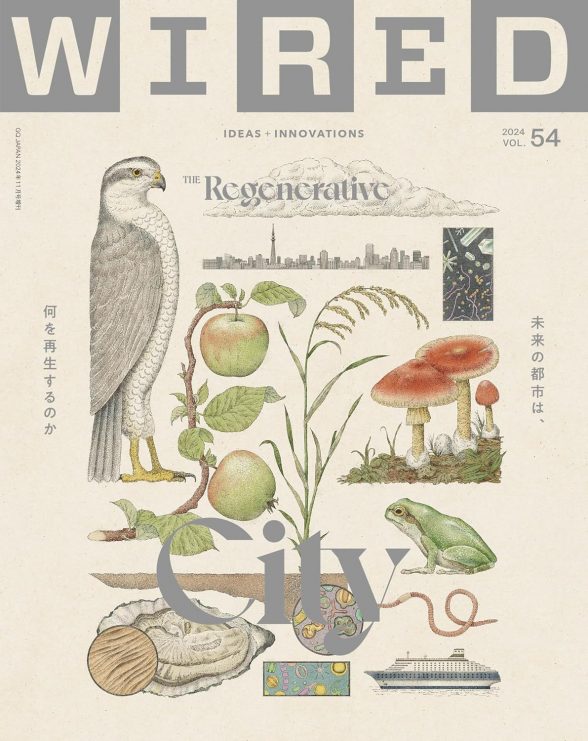
WIRED誌vol.54に、舩橋真俊が以下の記事を寄稿しました。
エコトーンとしての東京の“ワイルドライフ” 舩橋真俊
水と陸、草原と森など異なる環境が連続する領域であるエコトーンは、生物多様性のゆりかごだ。都市がもしリジェネレイトする可能性をもつならば、街そのものがエコトーンになるのではないか? 拡張生態系やSynecoculture™(協生農法)の研究と実践を行なうソニーコンピュータサイエンス研究所の舩橋真俊とともに、東京の野生と生物種について考える。
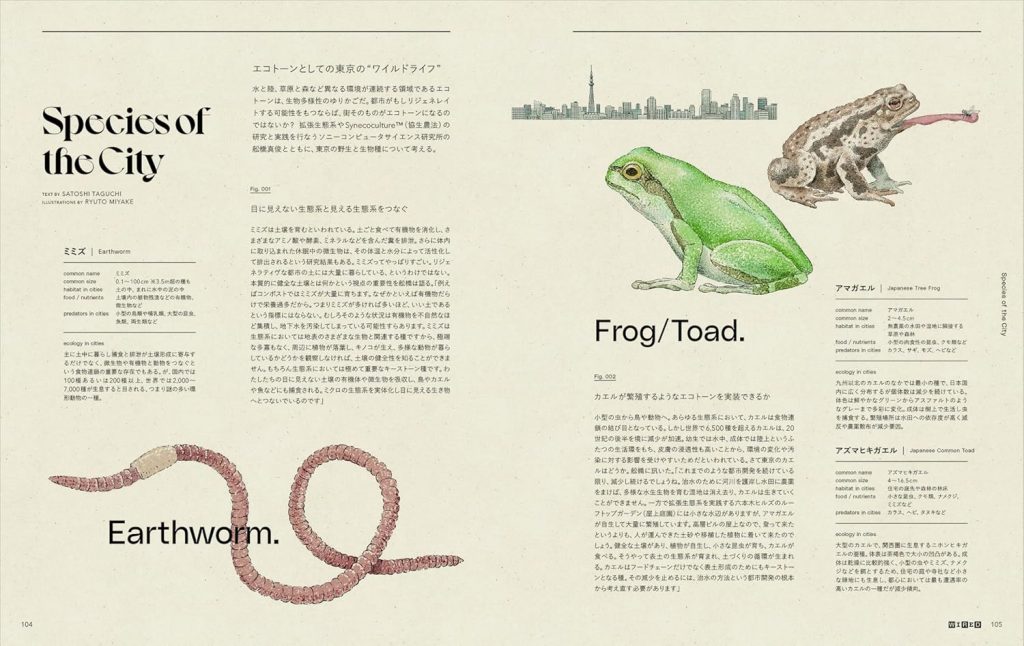
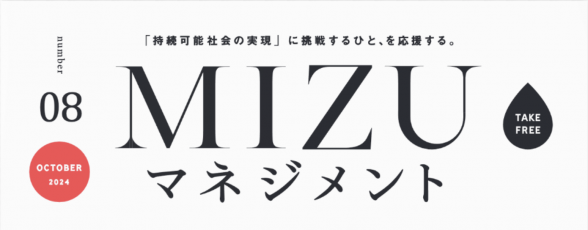
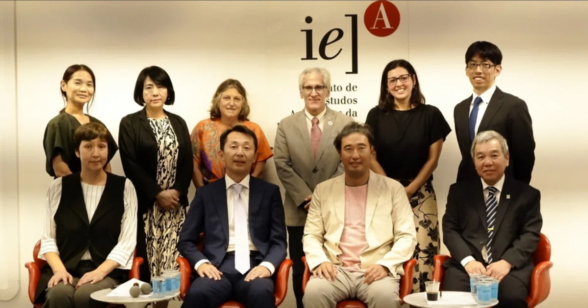
京都大学「社会的共通資本と未来」寄付研究部門のスタディーツアーにて、拡張生態系についてブラジリア大学とサンパウロ大学で舩橋真俊が講演しました。